DNA Damage Protection for Enhanced Bacterial Survival Under Simulated Low Earth Orbit Environmental Conditions in Escherichia coli
- 1Translational Synthetic Biology Laboratory, Experimental and Health Sciences Department, Universitat Pompeu Fabra, Barcelona, Spain
- 2Universitat Pompeu Fabra, Barcelona Biomedical Research Park, Department of Medicine and Life Sciences, Spain
- 3Radiation Oncology Department, Hospital del Mar, Parc de Salut Mar, Barcelona, Spain
- 4IMIM Hospital del Mar Medical Research Institute, Barcelona, Spain
Some organisms have shown to be able to naturally survive environments which we consider extreme, including the Low Earth Orbit, or even Outer Space. These microorganisms have natural mechanisms to repair severe DNA damage, such as the caused by ionizing and non-ionizing radiation or extreme temperatures and pressures. Some examples are Deinococcus radiodurans, which proved to be capable of surviving in the Exposure Facility of the International Space Station (ISS) for up to three years, and tardigrade species, such as Ramazzottius varieornatus, which are some of the most resilient known organisms. In this study, performed at the Barcelona Biomedical Research Park in collaboration with Hospital del Mar, survival under simulated Low Earth Orbit environmental conditions was tested in engineered and wild-type Escherichia coli strains. Ionizing radiation resistance was enhanced by transforming the Dsup gene from R. varieornatus and two genes from D. radiodurans involved in DNA damage repair, RecA and uvrD. This enhancement, together with a directed evolution process, resulted in a significant increase in the surviving fraction of the E. coli strain protected with the Dsup gene after a high dose, up to 3000 Gy, of ionizing radiation exposure in the form of a continuous spectrum of X-ray photons. Additionally, the survival to wide ranges of temperatures and low pressures was tested for the same strains, revealing a lack of relevance of cell aggregation for survival under the mentioned conditions in contrast with the case of D. radiodurans. However, survival rates showed no enhancement for any of the new E. coli strains. In a new collaboration with the Subterranean Laboratory of Canfranc, both the absence of radiation and extreme levels of radiation will be further studied. Additionally, an extreme environments analogue for several environmental conditions will be built, allowing for more specific testing on a controlled environment. This research represents a first step in the creation of new bacterial strains engineered to survive severe conditions and adapting existing species for their survival in remote environments, like extra-terrestrial habitats. These species could pave the road for future human expeditions, helping develop environments hospitable to life. In addition, studying the efficacy and the functioning of the genetic mechanisms used in this study could be beneficial for fields such as ecological restoration and medical and life sciences engineering, addressing treatments and/or diseases caused or related to radiation and DNA damage. Space is believed to be the last frontier, but the truth is, we are still a frontier to ourselves.
How to cite: Puig, J., Knödlseder, N., Quera, J., Algara, M., and Güell, M.: DNA Damage Protection for Enhanced Bacterial Survival Under Simulated Low Earth Orbit Environmental Conditions in Escherichia coli, Europlanet Science Congress 2022, Granada, Spain, 18–23 Sep 2022, EPSC2022-378, https://doi.org/10.5194/epsc2022-378, 2022.

